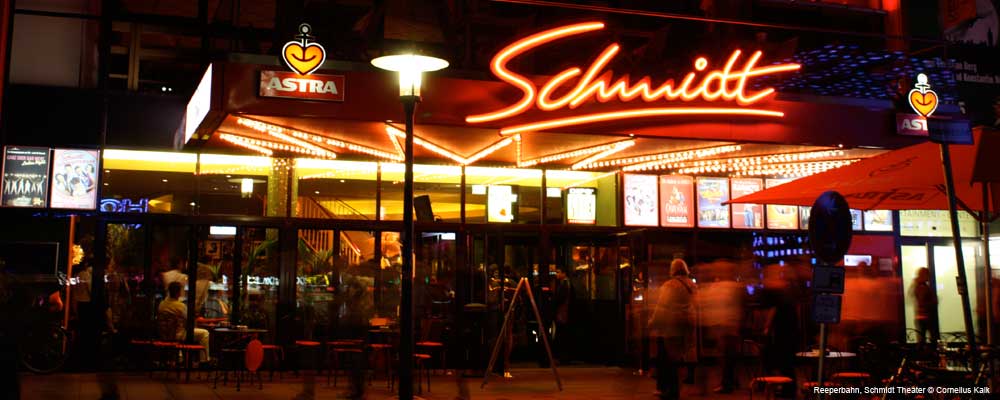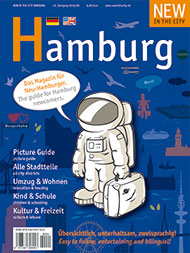Literally great – language schools in Hamburg
 © Antonio Gravante, stock.adobe.com
© Antonio Gravante, stock.adobe.com
Language schools in Hamburg have helped foreigners from over 200 different nations including Brazilians, Croatians, Swedes and Chinese to express themselves in German.
There are over a hundred schools specialising in teaching German as a foreign language.
Their teaching methods vary. Some schools offer tuition based on multimedia and role play while others offer a combination of traditional language lessons coupled with sports. Germans who want to brush up their language skills for their next holiday or to improve their Business English can chose from a wide selection of language schools. You’ll find plenty of other schools teaching Spanish, Italian and many other languages.
Language school check list
 © Otnaydur, Dreamstime.com
© Otnaydur, Dreamstime.com
With a huge selection of language schools in Hamburg it's not always easy to choose the right one. We give you an essential check list of criteria to make that decision easier.
German as a foreign language
 © NEW IN THE CITY
© NEW IN THE CITY
There are two ways to learn German as a foreign language according to scientific studies: the unsupervised method – picking it up on the street – or the structured approach in classes. A mixture of both is probably best.
A balanced program at a language school includes speaking, listening, writing and diction, reading, building up your vocabulary, conversation and grammar exercises, as well as learning something about the country. Classes are in German right from the beginning, which creates an authentic feeling. The goal is to give students a basic knowledge of everyday German. Then they can go out onto the street to practice and improve on it.
A short lesson in Low German
 © Andi Short, Fotolia.com
© Andi Short, Fotolia.com
Berlinish isn´t officially a dialect, but rather more a mix of different dialects. It´s inseperable from the Berlin-Brandenburg region but also shows that the metropolis has been a city of immigrants for centuries.








